Seong Gi-hun
The heart and soul of Squid Game, Gi-hun represents the struggle between survival and morality. A divorced father drowning in debt, his journey through the games reveals the complexity of human nature when pushed to its absolute limits.
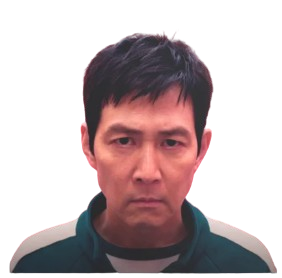
The heart and soul of Squid Game, Gi-hun represents the struggle between survival and morality. A divorced father drowning in debt, his journey through the games reveals the complexity of human nature when pushed to its absolute limits.

Understanding the complex personality traits that make Gi-hun the moral compass of Squid Game
Gi-hun embodies the archetypal "everyman" with extraordinary moral fortitude. His personality is defined by deep empathy, impulsiveness, and an unwavering commitment to doing what's right, even at personal cost.
Unlike other players driven by pure survival instinct, Gi-hun is motivated by a complex web of guilt, responsibility, and hope. His daughter represents his driving force to become better.
Gi-hun consistently chooses cooperation over competition, often sacrificing strategic advantages to help others. His decision-making is heavily influenced by emotion and moral considerations.
Tracing Gi-hun's transformation from broken debtor to reluctant hero through the Squid Game experience
Gi-hun represents the archetypal "everyman" hero—ordinary in many ways but extraordinary in his moral conviction. Unlike traditional heroes who are inherently noble or gifted, Gi-hun's heroism emerges from his fundamental decency and his refusal to abandon his humanity even in the most dehumanizing circumstances.
One of the most compelling aspects of Gi-hun's character is how his victory becomes his greatest burden. The 45.6 billion won can't buy back the lives of those who died, and Gi-hun's inability to enjoy his winnings speaks to the profound psychological impact of the games. His trauma manifests as depression, guilt, and an inability to return to normal life, ultimately driving him to seek answers and justice.
Throughout the games, Gi-hun consistently emerges as a moral leader—not through dominance or manipulation, but through simple acts of kindness and fairness. He shares food, comforts the dying, and refuses to abandon the weak. His leadership style is collaborative and empathetic, standing in stark contrast to the Machiavellian approaches of other players.
Gi-hun's character arc is fundamentally about choice—the choice to maintain humanity in inhuman circumstances. Every game presents him with the option to prioritize self-preservation over moral principles, and his consistent choice of the latter defines his character. This pattern culminates in his decision to stop playing when he realizes what the games are costing him and others, showing that winning isn't worth losing his soul.
The bonds that shaped Gi-hun's journey and revealed different facets of his character

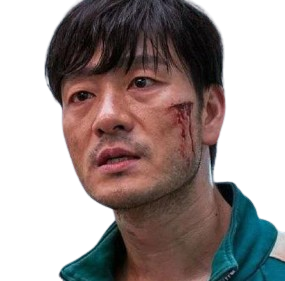
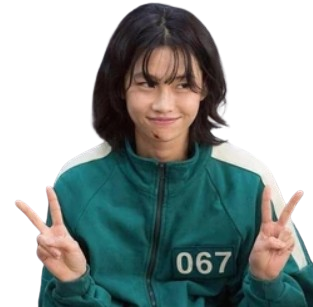
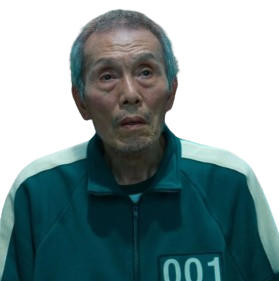
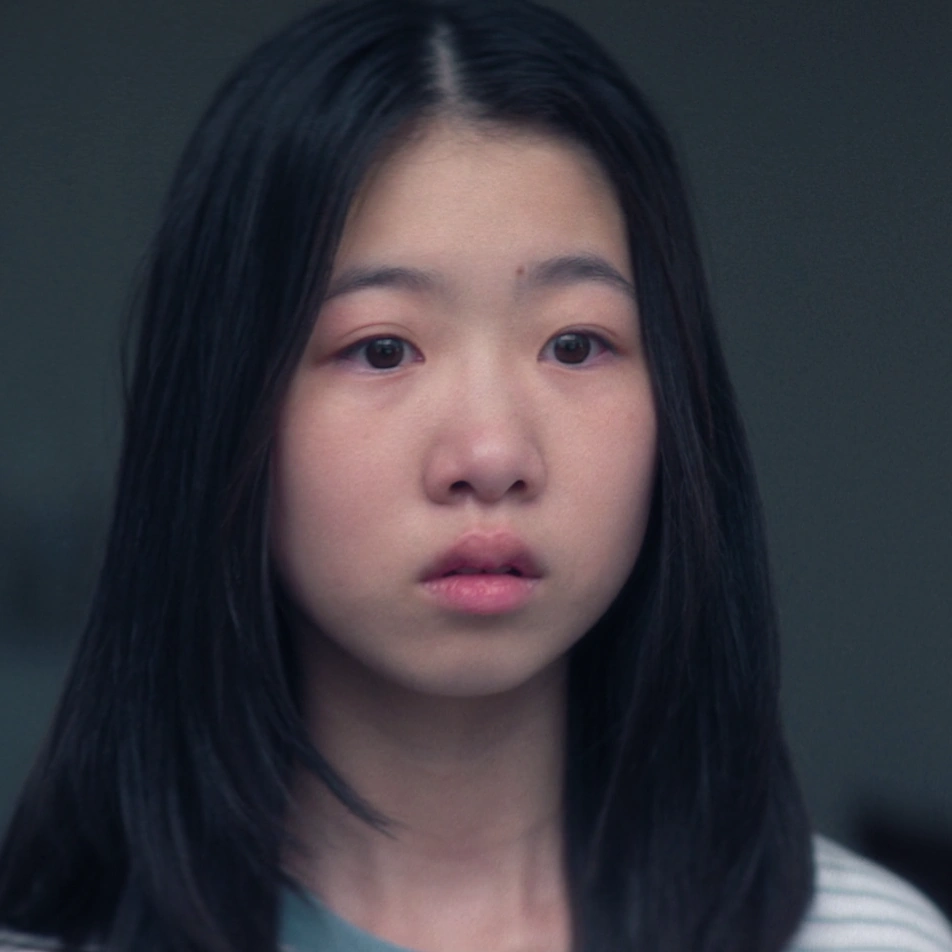
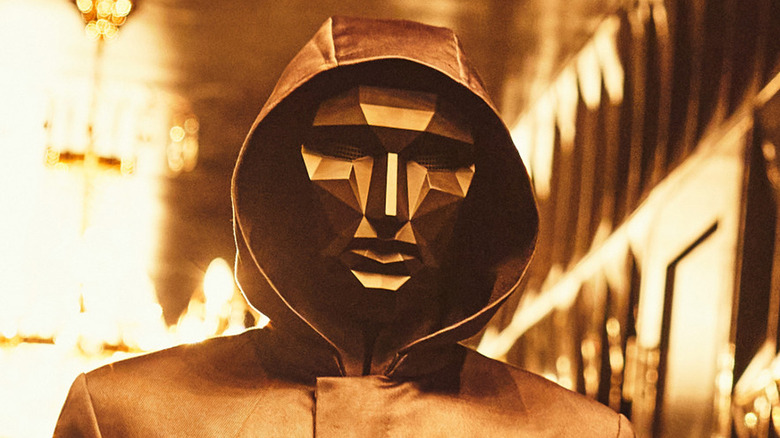
Take our free Squid Game personality quiz to discover if you share Gi-hun's moral compass, empathy, and leadership qualities. Find out which character from the series matches your unique personality!
Take the Free Quiz Now